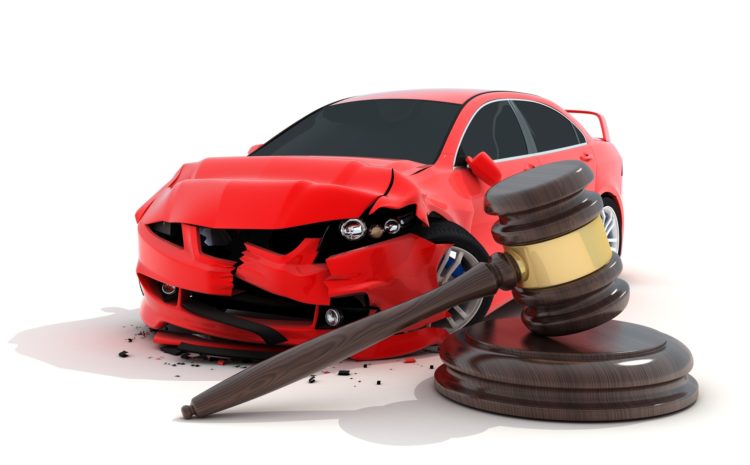
Car Accident Lawyer
No one gets behind the wheel of their car thinking that a car accident is going to happen. But, unfortunately, that is the reality for thousands of people each year.
An experienced car accident lawyer stresses the importance of knowing which steps to take to recover compensation after a car accident. With the likely possibility of expensive medical bills, lost wages due to the inability to work, and vehicle repair, you’re going to need money. These five steps can not only help you recover the compensation you need on the road to recovery but protect the critical evidence your car accident attorney needs in order to do so:
1. Call the Police
Calling the police after a car accident is necessary for two reasons. First, if there are any injuries, they can call the paramedics to the scene. Second, they can create what’s known as a police report. This police report is a crucial piece of evidence in any car accident claim because it contains both driver’s contact and insurance information, as well as a detailed report of what caused the accident. Knowing what caused the accident can help determine who is at fault.
2. Seek Medical Care
At the scene of the accident, the paramedics will ask you if you want to be taken to the hospital. Even if you feel fine, do it, because you may not know the true extent or severity of your injuries.
Many car accident injuries like concussions don’t show symptoms until after the injured party’s adrenaline has calmed down. Adrenaline can mask the severity of injuries, only to reveal themselves later on. Likewise, soft tissue injuries or internal bleeding are impossible to detect on your own and require diagnostic imaging.
Seeking prompt medical care not only protects your current health condition, but it comes in handy for your claim later on. If let’s say you do suffer more serious injuries down the line, but failed to seek prompt medical attention, your insurance company can try to deny your claim, claiming that the injuries aren’t accident-related.
3. Report the Accident to Your Insurance Carrier
Once your current health condition is addressed, notify your insurance carrier of the car crash. The time in which you have to do this will vary depending on the state you live in, as well as your insurance provider. However, the general rule of thumb is that the sooner you call them, the better. The longer you wait to report the crash, the more leeway it gives your insurance carrier to deny your claim.
Though they may claim to be on your side, insurance companies are focused on their bottom line. So, anything they can use to lower your payout – such as not notifying them right away – they will.
4. Keep Copies of Everything
Amid all this chaos, you should take the time to collect the evidence you need. This starts with keeping records and/or making copies of your co-pays, medical records, repair costs, witness statements, and pay stubs if you’re unable to return to work due to your injury.
These will serve as important evidence in your personal injury case, especially in regards to calculating the total value of your damages.
5. Consult a Personal Injury Lawyer
Last but not least, you should consult a personal injury lawyer to help you recover compensation. A lawyer will not only investigate the details of your car accident but negotiate with the insurance company, as well.
A personal injury lawyer can maximize your compensation award, as well as help calculate future losses if you require ongoing medical care or have to transition into a new line of work.
Car accidents are stressful enough. But with a car accident lawyer’s help, you can have them do the heavy lifting so you’re focusing on what matters most: your recovery.



